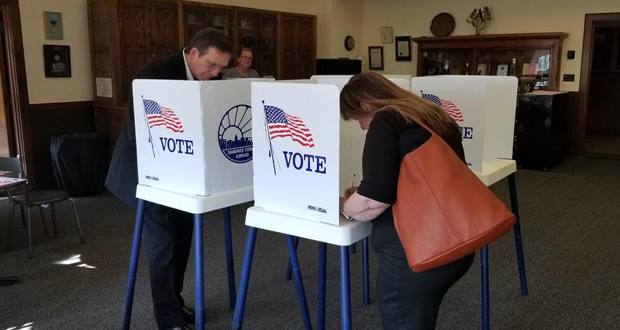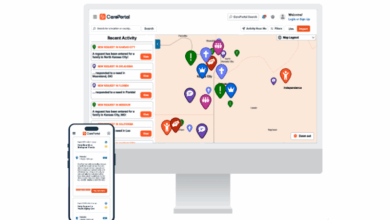32 million churchgoing Christians unlikely to vote in November, survey finds

More than 100 million people of faith, including 32 million churchgoing Christians, are unlikely to vote in the November election, according to new research from the Cultural Research Center at Arizona Christian University. Christian churchgoing voters historically have supported the more conservative major-party candidate in a presidential race and appear poised to do so again this election cycle, although with fewer of them casting a ballot than in the most recent presidential race.
The survey also found that large numbers of Christian churches have distanced themselves from the election, refusing to even encourage congregants to vote and avoiding teaching related to many of the key social issues that will determine which candidates people will support. Enthusiasm for this election is lower than usual and certainly lower than in 2020.
READ: Chiefs’ kicker Harrison Butker starts PAC to encourage Christians to vote
A primary reason for that diminished interest is the public’s distaste for both major-party candidates. Other significant reasons for the heightened disinterest include the aging out of boomers and elders (two generations that were highly involved in past elections) alongside the emergence of the less politically energized millennials and Gen Z; public dissatisfaction with the quality of government; and the widespread expectation that the results of the election will be manipulated by illegal, behind-the-scenes activities and voting by illegal immigrants.
The survey defined “people of faith” as either people who described themselves as “a person of religious faith” or as someone who associated with some recognized religious faith (such as Christianity, Judaism, Mormonism, Islam, etc.). Based on that filter, 79 percent of Americans qualified as a person of faith. In total, 66 percent of Americans 18 or older identified as Christian, thus constituting more than four out of every five adults (83 percent) who view themselves as a person of faith. Among those classified as a person of faith, only one-indicated they are likely to vote.
Among those are people who are defined by their beliefs regarding sin and salvation as born-again Christians (41 million expected to not vote); self-identified Christians who regularly attend church services (32 million not expected to vote);and voting-age adults who regularly attend an evangelical church (14 million of whom are expected to not vote). The research also indicated 46 million adults who attend Protestant churches and 19 million who attend Catholic churches are not likely to vote.
–Alan Goforth | Metro Voice






